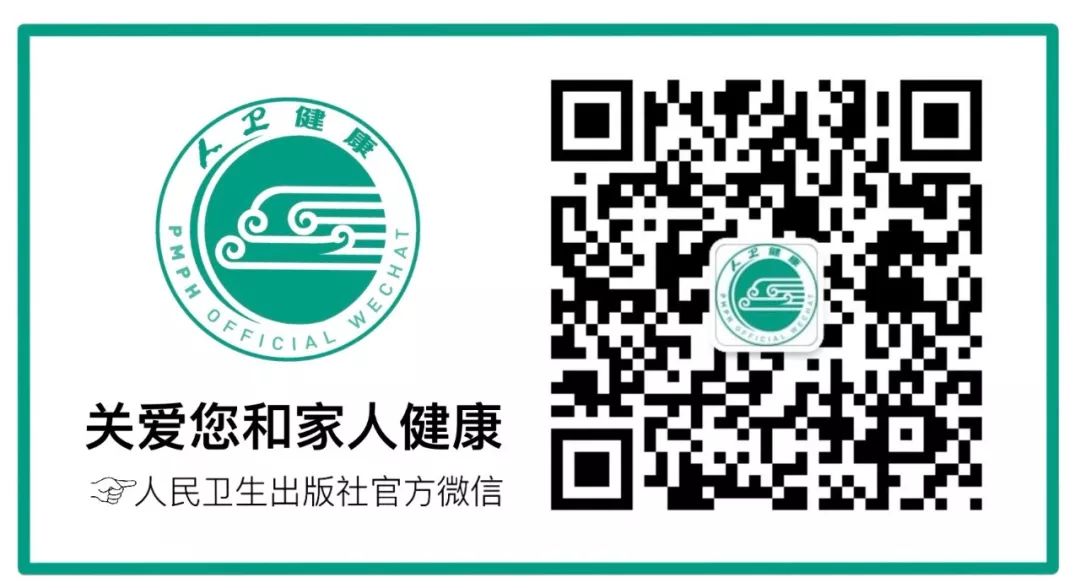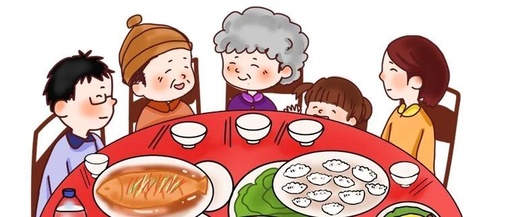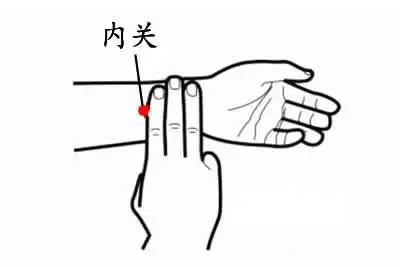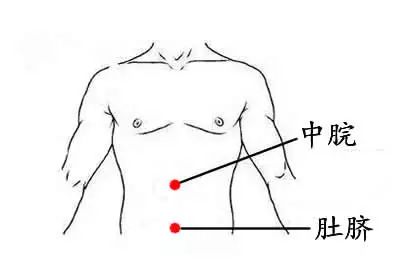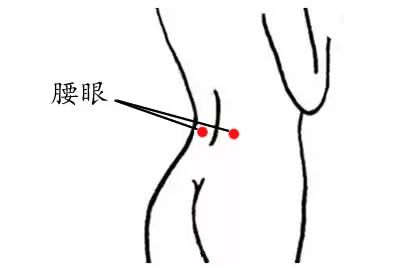In
The Spring Festival is a time for family reunions, and due to the special nature of the season, many people’s lifestyles change, making it even more important to pay attention to health maintenance. Protecting the five organs during the Spring Festival can lay a solid foundation for health throughout the year!
Nourishing the Heart
|
Practice Heart-Nourishing Exercises: Rub your palms together for 3-4 minutes until they feel warm, then use the palms to push down from the chest, alternating hands for a total of 5 minutes. This can help regulate Qi and is beneficial for the heart’s rest and relaxation. |
|
Eat Some Longan: Longan, also known as Long Yan (Dragon Eye), is warm in nature and sweet in taste, benefiting the heart and spleen, and replenishing Qi and blood. It has excellent nourishing and restorative effects. It can be used for insomnia, forgetfulness, palpitations, and dizziness caused by heart and spleen deficiency and insufficient Qi and blood. It is also effective for post-illness weakness or cognitive decline. Pharmacological studies confirm that longan contains glucose, sucrose, and various nutrients such as vitamins A and B. It is particularly rich in protein, fat, and various minerals, all of which are essential for the body. This is especially effective for those who overwork their minds, depleting heart and spleen Qi and blood. |
|
Press the Neiguan Point: People who often stay up late or drink alcohol may experience palpitations and chest tightness. A quick remedy is to press the Neiguan point on the inner wrist. Press each hand for 5-10 minutes, or do this 4-5 times a day to effectively alleviate palpitations.
|
Heart-Nourishing Taboo: Overexertion
During the Spring Festival, due to busyness and irregular lifestyles, cardiovascular diseases may be triggered. Overexertion and excessive exercise can increase the burden on heart function, leading to ischemia and hypoxia of the myocardium, which can cause heart and brain diseases.
Nourishing the Liver
|
Drink a Cup of Rose Tea: The medicinal properties of rose are very mild, capable of nourishing the heart and liver blood vessels, relieving internal stagnation, and providing calming, soothing, and anti-depressant effects. Women often experience emotional irritability before or during menstruation; drinking rose tea can help regulate emotions. In today’s world of increasing work and life pressures, even outside of menstruation, drinking more rose tea can help soothe and stabilize emotions. Rose also promotes Qi circulation, invigorates blood, resolves stasis, and harmonizes the organs. |
|
Eat Some Fresh Hawthorn: Hawthorn aids in cholesterol conversion after entering the stomach. For those with fatty liver or obesity, consuming hawthorn, hawthorn slices, hawthorn pills, or drinking hawthorn-infused water can help digest and reduce fat, making it an excellent liver-protecting food. |
|
Get 8 Hours of Sleep Daily: Prepare to go to bed around 10 PM to ensure 8 hours of sleep each night. From 11 PM to 3 AM, the body should be in a complete resting state for the liver’s metabolism and repair to proceed smoothly. |
Liver-Nourishing Taboo: Drinking Games
In Chinese culture, it is said that “no feast is complete without wine.” While moderate drinking can liven up gatherings with friends and family, excessive drinking is harmful! It can damage liver function and may lead to acute alcohol poisoning, pancreatitis, and trigger cholecystitis.
Nourishing the Spleen and Stomach
|
Drink a Bowl of Millet Porridge: Millet can strengthen the spleen and stomach, nourish kidney Qi, and clear internal heat, making it useful for treating indigestion. The most common way to consume it is by cooking millet porridge; millet can also be ground into flour, mixed with red dates, and steamed into a cake, which is a delicious dish. Historically, many centenarians have had the habit of drinking millet porridge in the morning and evening, indicating that millet is a longevity food worth consuming regularly. |
|
Ginger and Brown Sugar Water: If you feel cold, keep your abdomen warm by boiling ginger and brown sugar water as a tea substitute. This can dispel cold, warm the stomach, enhance appetite, and relieve abdominal pain, warming the stomach immediately. |
|
Massage the Zhongwan Point: The Zhongwan point is located in the upper abdomen, 4 inches above the navel on the midline of the body. When massaging, use the tip of your thumb or middle finger to gently press this point for about three minutes. Additionally, massage the abdomen in a clockwise direction for 5 minutes. This method helps with digestion and strengthens the spleen, but should not be used during diarrhea.
|
Spleen and Stomach Taboo: Overeating
Every year during the Spring Festival, many people seek medical attention for acute gastric issues due to overeating. The diet during this time is generally high in fat and calories, and many indulge excessively, unaware that overeating directly harms the spleen and stomach. This can lead to symptoms such as bloating, nausea, vomiting, abdominal pain, gastritis, gastric and duodenal ulcers, upper gastrointestinal bleeding, and even gastric perforation, which can be life-threatening.
Nourishing the Lungs
|
Practice Deep Breathing: Long-term practice of deep breathing can maintain or improve lung elasticity and, to some extent, enhance lung function. The specific method is to inhale through the nose and exhale through the mouth, practicing deep, prolonged breaths for 15-20 minutes each morning and evening. |
|
Open Windows for Ventilation: Due to the cold weather, open windows for short periods daily. Morning is peak time for harmful gas emissions, so it is best to open windows between 9-11 AM or 2-4 PM for about 30 minutes. Remember to keep warm during this time. |
|
Eat Some White Radish: For those who usually have phlegm or dry stools, eating more white radish is advisable. Traditional Chinese medicine believes that the large intestine and lungs are closely related, and the lung’s ability to expel toxins depends on the large intestine’s patency. Radish can help the large intestine eliminate waste. |
Lung-Nourishing Taboo: Keeping Doors and Windows Closed
During the Spring Festival, various cleaning activities, smoking, and cooking produce waste gases and fumes that fill the house. If windows are not opened for ventilation, it can easily harm the lungs. The saying, “Open windows for ventilation, and all diseases will disappear,” is an effective preventive measure, especially for respiratory diseases.
Nourishing the Kidneys
|
Drink a Cup of Goji Berry Water: It nourishes the kidneys, moistens the lungs, and brightens the eyes. It is used for kidney essence deficiency, with symptoms such as dry mouth, night sweats, thirst, dizziness, and unclear vision. It is primarily used as a tonic. It can delay aging, enhance immunity, and lower blood sugar and lipids. |
|
Twist Your Waist More: Regularly moving the waist can promote Qi and blood circulation in the waist, continuously nourishing kidney Qi. Appropriate exercise can improve physical condition and promote the digestion and absorption of nutrients, thereby strengthening kidney Qi. |
|
Keep Your Lower Back Warm: The waist is considered the “palace of the kidneys,” and it should not be exposed to cold. Regularly rubbing your hands together to warm them and placing them on your lower back is very beneficial for protecting the waist and kidney health. Additionally, pay attention to keeping the lower back warm and avoid wearing low-waisted clothing.
|
Kidney-Nourishing Taboo: Excessive Salt Intake
During the Spring Festival, many regions have special foods, but be cautious of high-salt items like cured meats and sausages. Excessive salt intake increases the burden on the kidneys, and the sodium in salt makes it difficult for the body to expel water, further increasing the burden on kidney function, leading to kidney deterioration.
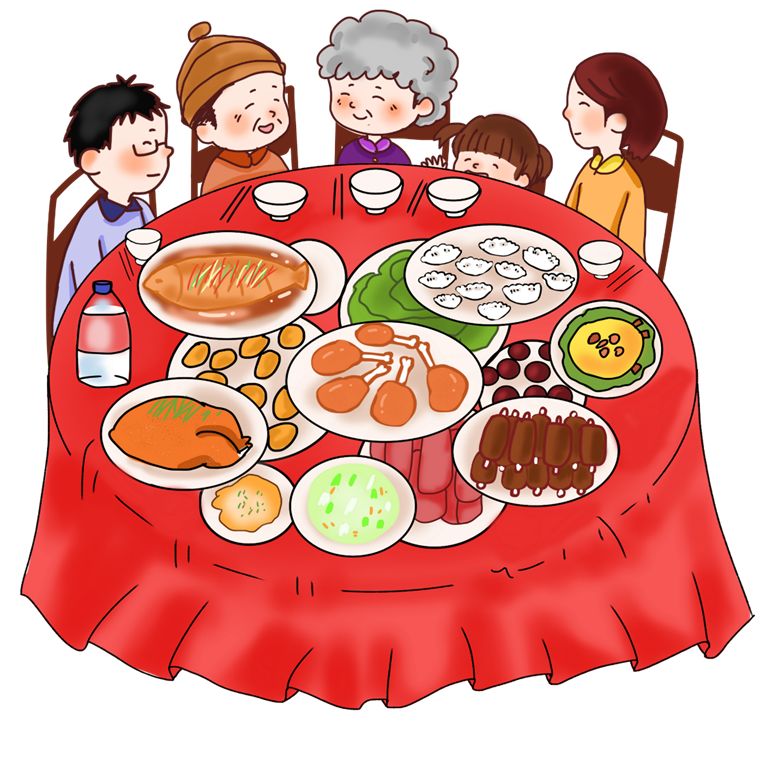
This content is compiled from:
People’s Health Publishing House’s “100 Anti-Cancer Foods”
Health Times
Sohu Health
